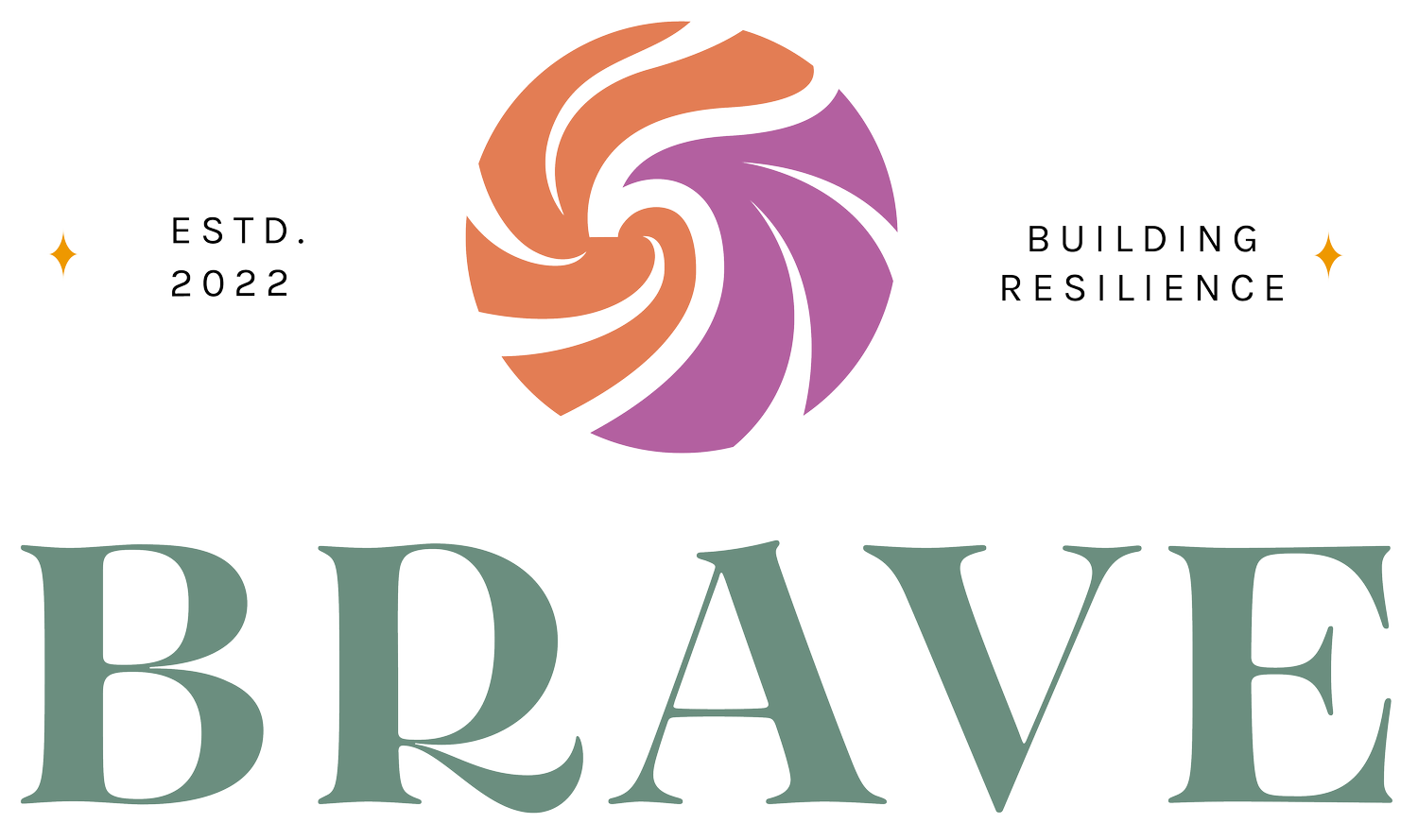Beyond Burnout: How Trauma Therapists Can Build a Career That Lasts
Every trauma therapist hits a point where they wonder, Can I actually do this work for the long haul?
Our work is emotionally intense. It asks a lot of us. And the therapists who make it long-term? They aren’t the ones who just white-knuckle their way through.
They’re the ones who figure out how to build a career that actually works for them.
A sustainable trauma therapy career isn’t just about managing burnout. It’s about knowing how to make this work fit your life, your values, and your long-term goals.
And that doesn’t happen by accident. It happens through intentional choices, peer support, and resilience-based strategies that go beyond self-care.
Why Self-Care Isn’t Enough
We hear it all the time: Just practice self-care. Take more breaks. Have better boundaries. Meditate. Journal. Do yoga.
And yes, those things can be great. But if the structure of your career is unsustainable, no amount of self-care is going to fix it.
Burnout isn’t a personal failure—it’s a symptom of trying to work within a system that doesn’t support you.
The solution isn’t just more bubble baths or deep breaths. It’s building a career that actually sustains you instead of draining you.
So how do you do that? Let’s break it down.
1. Design a Career That Works for You
Many therapists find themselves in careers that don’t actually fit their energy, capacity, or long-term goals. They get swept into full caseloads, high-pressure agency jobs, or nonstop private practice schedules because that’s what they think they should be doing.
And when that model doesn’t work for them, they assume they’re the problem.
If they just had better boundaries, or practiced more self-care, or had a different mindset, they’d be fine…right?
Nope. That’s not how career sustainability works. You don’t sustain a career by forcing yourself to fit into a mold that was never built for you in the first place. You build a sustainable career by structuring it in a way that actually meets your needs.
So here’s where I want you to start.
Take an honest look at your workweek and ask yourself:
What drains me the most?
What actually gives me energy?
If I could change one thing about my work, what would it be?
Maybe it’s fewer sessions. Maybe it’s shifting to more group work or stepping into training or consulting. Maybe it’s as simple as working fewer evenings. Whatever it is, name it.
The therapists who last in this field aren’t just coping with their work. They’re shaping their careers to fit their needs, not the other way around.
2. Build Professional Relationships That Sustain You
Too often, therapists focus only on the logistics of their work—how many clients they’re seeing, how much money they’re making, what schedule they’re working. But the work itself isn’t the only thing that determines whether a career is sustainable.
The relationships you build in this field matter just as much.
One of the biggest career sustainability mistakes I see trauma therapists make is trying to do everything in isolation. They assume that if they just take care of themselves, they’ll be fine.
But resilience doesn’t happen alone.
You need colleagues you can be honest with—people who don’t just ask, “How’s your caseload?” but actually ask, “How are you?”
You need mentors or guides who have walked the path before you, whether that’s private practice, leadership, consulting, or a complete career shift.
And you need a professional community that reflects your strengths back to you—because when you’re in the middle of your work, it’s easy to lose sight of what actually refuels you.
3. Give Yourself Permission to Evolve
One of the biggest reasons trauma therapists burn out isn’t just because of their actual work—it’s because they feel trapped in their current role.
They start thinking, this is just how it is instead of asking, what else is possible for me?
But your career isn’t meant to stay the same forever. Ideally, it evolves alongside you!
In BRAVE, I’ve worked with so many therapists who thought they were at a breaking point, only to realize what they actually needed wasn’t to leave the work—but to reshape how they were doing it.
I’ve seen members shift from full-time private practice to part-time. I’ve seen therapists move into leadership, create training programs, or adjust their schedules or niche so they actually feel energized by their work instead of drained by it.
If you’re starting to feel like something isn’t working in your career, don’t ignore it.
Give yourself space to ask, What do I actually want from my work moving forward? and start having conversations with colleagues who’ve made similar shifts.
The Role of Community in Career Sustainability
A sustainable career doesn’t happen by accident.
It happens when you have the right structure, the right support, and the right community around you.
If you’re ready to build a career that actually supports you for the long haul, I’d love for you to join us inside The BRAVE Trauma Therapist Collective.
BRAVE isn’t just another professional group—it’s a space where trauma therapists can actually shape careers that work for them. It’s where you can figure out how to adjust your workload, explore new career paths, and have honest conversations with therapists who get it.
Click here to learn more and join BRAVE!






